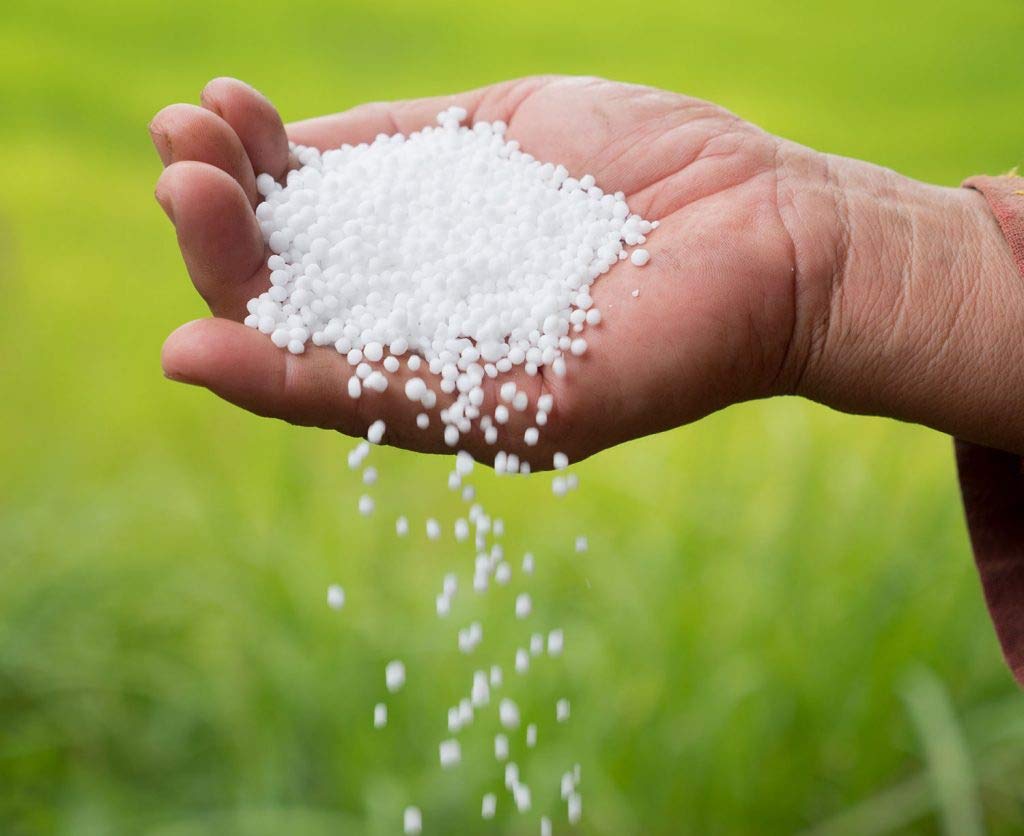Premuim Fertilizer
Fertilizers are chemicals supplied to crops to increase their productivity. These are used daily by farmers to increase crop yields. Fertilizers contain the essential nutrients needed by plants, including nitrogen, potassium and phosphorus. They improve the water-holding capacity of the soil and also increase its fertility.
Benefits Of Natural Fertilizers
In nature, the decomposition of organic matter creates a natural fertilizer. Applying organic compost or well-aged herbivorous manure adds nutrient-rich organic matter to the soil, improving quality and texture. Adding organic matter to the soil increases its capacity to retain water; reduces erosion from water and wind; decreases compaction and soil crusting; and increases soil pH. A study by Virginia Tech comparing organic versus inorganic fertilizers determined that organic fertilizer is the best choice. Creating your own organic fertilizer from leaves, clippings, kitchen scraps, and garden debris recycles waste into valuable, free fertilizer. Natural fertilizers are less likely to burn tender young plants because they are less concentrated than chemical formulas. You may also want to have peace of mind knowing that the food you are growing is free of harmful chemicals. Natural fertilizers are chemical free and can save you money
Chemical-Free
Fresh & Healthy
100% Organic

01. UREA Fertilizer
The main function of urea fertilizer is to provide plants with nitrogen to promote green leaf growth and make plants look lush. Urea also facilitates the process of photosynthesis in plants. Since urea fertilizer can only provide nitrogen and not phosphorus or potassium, it is mainly used for flower growth.

02. DAP Fertilizer
Diammonium phosphate (DAP) is the most widely used phosphorus fertilizer in the world. It is made from two components common in the fertilizer industry, and its relatively high nutrient content and excellent physical properties make it a popular choice in agriculture and other industries.

03. NPK Fertilizer
NPK stands for “nitrogen, phosphorus and potassium”, the three nutrients that make up complete fertilizers. You may encounter these letters when reading the content printed on bags of fertilizer. The fertilizer description may not specifically say “NPK”, but you will see at least a three-digit series. These figures correspond respectively to the nitrogen content, the phosphorus content and the potassium content of this fertilizer. A percentage symbol is also implied after each number, because each of the three numbers represents the percentage of that nutrient in the composition of the fertilizer.

04. Phosphorus Fertilizer
Phosphorus is an essential nutrient necessary for plant growth. It helps in root development, plant maturation and seed development. Along with nitrogen and potassium, phosphorus is one of the most important building blocks of plant life. … DAP is the most widely used phosphorus fertilizer in the world.

